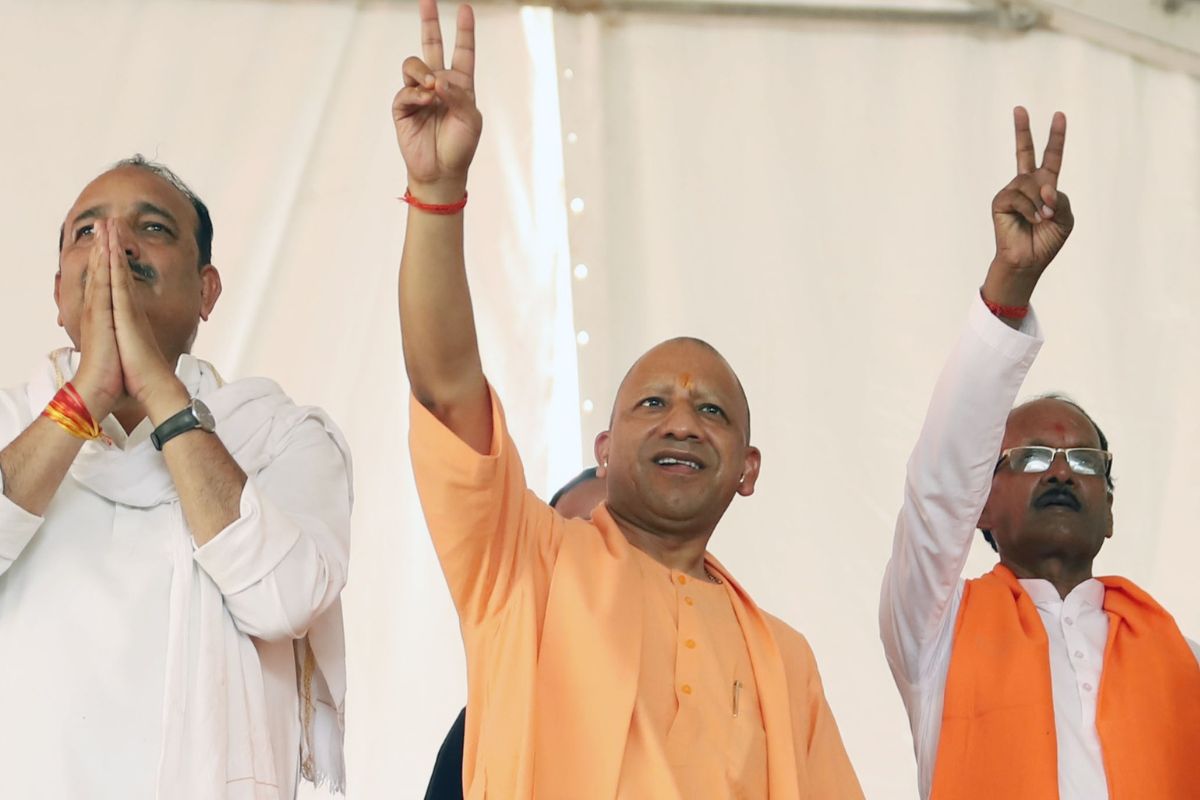The Yogi Adityanath-led BJP government is working tirelessly to make Uttar Pradesh a zero-poverty state by rapidly extending government facilities to all deprived and marginalised sections of society, including the nomadic communities who traverse across the state.
In line with this mission, the government has committed to providing essential services such as electricity, water, and housing to nomadic families living in slums in Kalandar Kheda in Lucknow. This initiative will enable them to benefit from critical schemes like the Pradhan Mantri Awas Yojana, old-age pension, destitute women pension, and Mukhyamantri Samuhik Vivah.
Advertisement
As part of this campaign officials from various departments work together to ensure that necessary certificates are provided to these communities allowing them access to government support.
The nomadic community has expressed great satisfaction with the government’s decision and hopes that its standard of living will significantly improve as a result.
UP Minister of State for Social Welfare (Independent Charge) Asim Arun on Thursday inspected the Kalandar Kheda colony alongside officials, assuring residents that the government will soon extend the benefits of the Pradhan Mantri Awas Yojana to all, ensuring a better quality of life for every family and moving closer to the chief minister’s vision of a Zero-Poverty state.
During a previous visit, Minister Asim Arun, in a display of his unwavering commitment, had instructed officials to establish camps to facilitate access to government schemes for the families residing in the colony.
On this occasion, members of nomadic communities from various states gathered to meet Minister Asim Arun, urging the creation of a nomadic commission for the community’s upliftment.
The minister highlighted that officials from several departments, including Social Welfare, have been conducting surveys over the past few days, setting up camps to identify citizens eligible for government schemes such as old age pensions, family benefit schemes, and Mukhyamantri Samuhik Vivah.
During an inspection two weeks ago, residents informed Asim Arun that around 200 families have lived in huts in this area for nearly 90 years without access to clean drinking water or electricity.
The Municipal Corporation provides clean water to the residents via tankers, and efforts are underway to supply electricity. According to the Renke Commission’s 2008 report, there are approximately 1,500 nomadic and semi-nomadic tribes and 198 free tribes in India, comprising around 150 million people. Many of these tribes continue to face social and economic challenges across the country.











